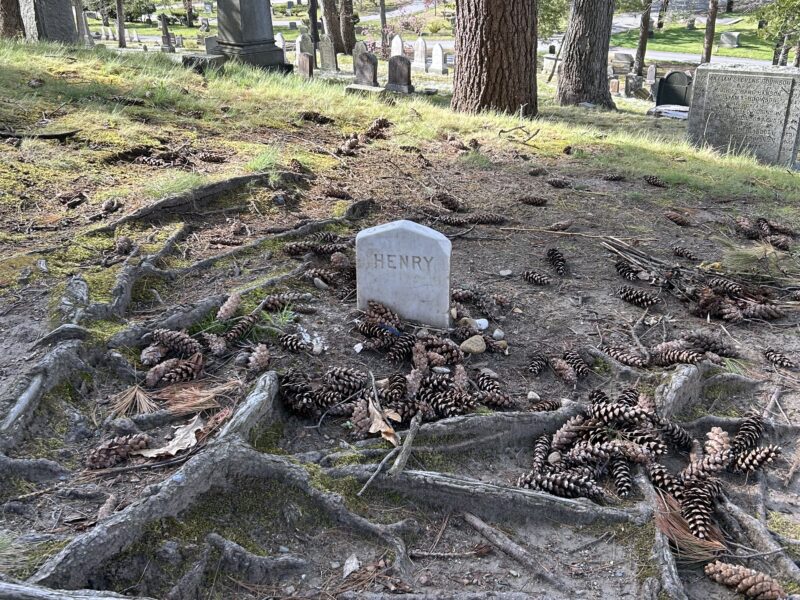So, when it comes to the concerns raised in Race to Nowhere — e.g., manic obsession with test scores, homework stress, sleep-deprivation, the arts getting squeezed out of the curriculum, no downtime for fun, etc. — is Hyde part of the problem or part of the solution?
Right off the bat, you have to know that if I answered this question in the affirmative I should probably be working somewhere else. Here’s three reasons why I think we’re part of the solution.
First, there is a big difference between a program that subjects students to the pointless stress that comes from “more is better” and one that engages them in rigorous values-forming challenges. The former indeed amounts to a Race to Nowhere. It also tethers kids to adult agendas. The latter develops persistence and leads to a productive work ethic kids can be proud of. If kids don’t develop those qualities as teenagers they are in for a rough go as adults. (Note: The film leaves the audience hanging in terms of the proper role that hard work ought to play in the raising and teaching of young people.)
Second, Hyde’s ethos of attitude over aptitude, effort over ability, and character over talent forms the basis of a healthy school culture. Kids have control over their attitudes, their effort, and their character. However, they have little control over their aptitude, abilities, and talents. To be sure, Hyde kids work hard, but the reward/penalty structure is based on those efforts rather than the win-lose dynamic at most schools. I would never say that stress is absent at Hyde. After all, stress is present in any industrious environment. I would say that the Hyde environment gives kids a chance to impress themselves, something all kids in all schools should have the chance to do.
Third, as Thomas Lickona, author of Educating for Character and founder of The Center for the 4th & 5th Rs*, once said to me, “Hyde is a place of grounded theory.” In many respects, we have been a 45-year experiment in trial-and-error. The current program has evolved over four+ decades and has derived from countless tests and trials – some effective, some not. (I’ve always felt we could provide valuable consulting services to schools on what not to do!) The point: we do the stuff we do because it’s been proven to work and our alums and alumni parents have told us so.
I don’t know any other schools that are earnestly doing family-based character education. I do know it’s not a race to nowhere.
Onward, Malcolm Gauld
* = Respect & Responsibility


